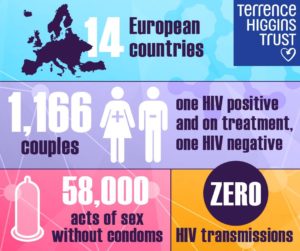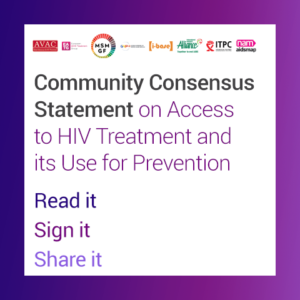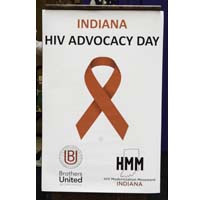Florida, Tennessee and Washington were the first states to enact HIV-related criminal laws, in 1986. A 1988 report from the Presidential Commission on the HIV Epidemic recommended that states establish such laws and many did. At present, more than 30 have HIV-related criminal laws. But now that new therapies have greatly lowered the risks of transmission, advocates for those with HIV say these laws are too harsh and should be revised to reduce penalties, or be repealed. But risks remain, and supporters of the laws argue that they still help lower the rate of transmission, reduce health-care costs and prevent sexual violence. While the number of new cases of HIV has remained stable (about 50,000 per year) between 2005 and 2014, gay and bisexual men as well as African-Americans continue to be most affected. The incidence of HIV among black and Latino men who have sex with men increased over the same period, the result being that the laws disproportionately affect them. See how much you know about laws that potentially make living with HIV a crime. Visit here for full article: https://www.themarshallproject.org/2016/07/24/is-it-time-to-roll-back-the-laws-on-spreading-hiv#.Ffj4OgMLA






